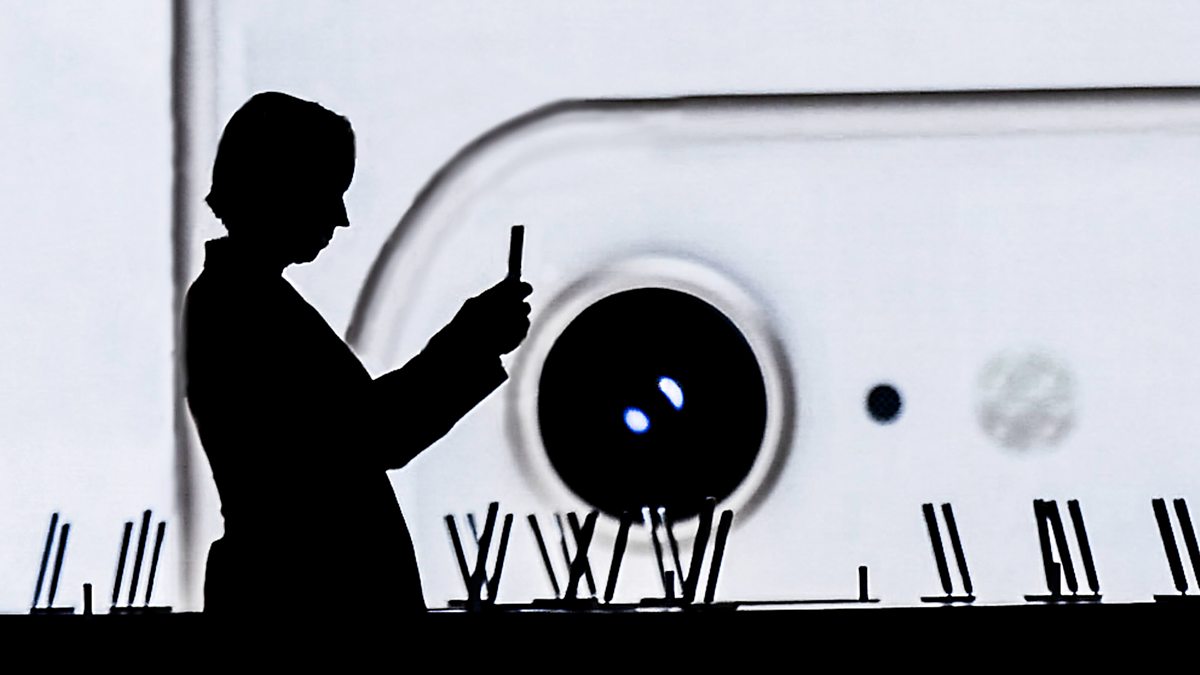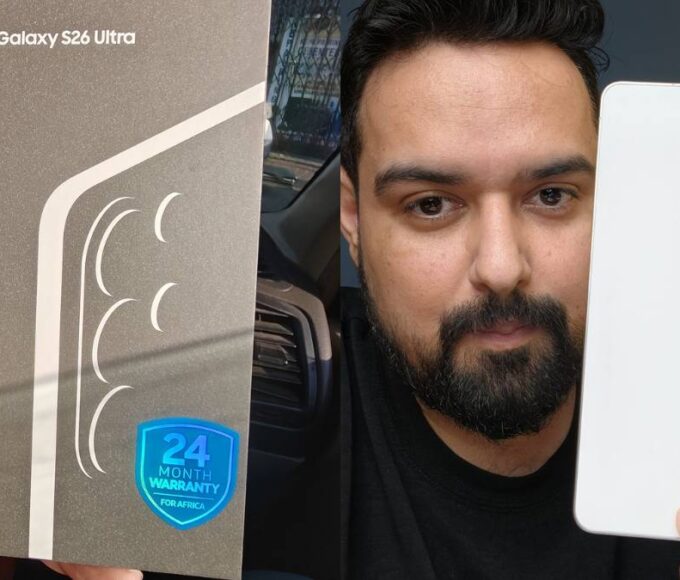Experts warn that widespread smartphone use may be changing the way people think and interact. Mohamed Elmasry, emeritus professor of computer engineering at the University of Waterloo, observed his young grandchildren using calculators and search engines instead of solving simple problems themselves.
Around 60 percent of the global population uses smartphones, with 97 percent of people under 30 relying on them daily. While smartphones make everyday tasks easier, overreliance can weaken memory, critical thinking, and decision-making skills.
Studies indicate that frequent use of GPS and search engines reduces spatial memory and recall. This phenomenon, known as the “Google effect” or digital amnesia, causes people to remember where to find information rather than the information itself. It may also lead to overconfidence in knowledge.
Even the mere presence of a smartphone can reduce mental focus, making tasks harder to complete. Excessive screen time also affects social and emotional skills.
Children and teenagers who spend many hours on devices may show reduced eye contact, weaker emotional expression, and impaired social ability. Some may develop ADHD-like symptoms or social detachment.
Experts emphasize the importance of developing human skills that technology cannot replace. Dr. Jason Liu, a neuroscientist and medical doctor, warns that overuse of digital devices can make children “machine-like,” harming attention, emotion, and human connection.
While digital tools can support communication, they may also promote superficial interactions and predictable behavior. Experts recommend balancing technology use with real-world experiences to protect both cognitive and social health.










